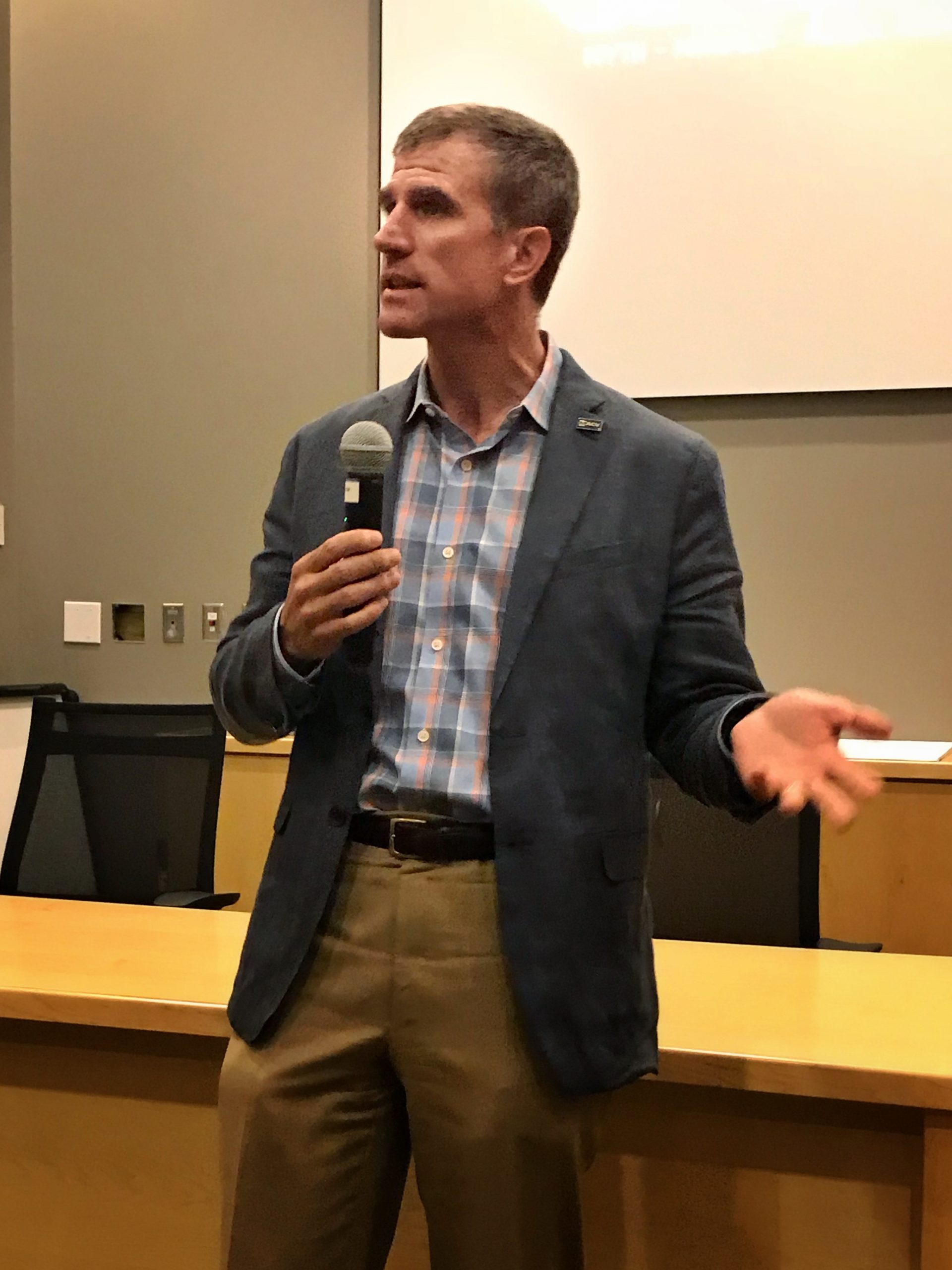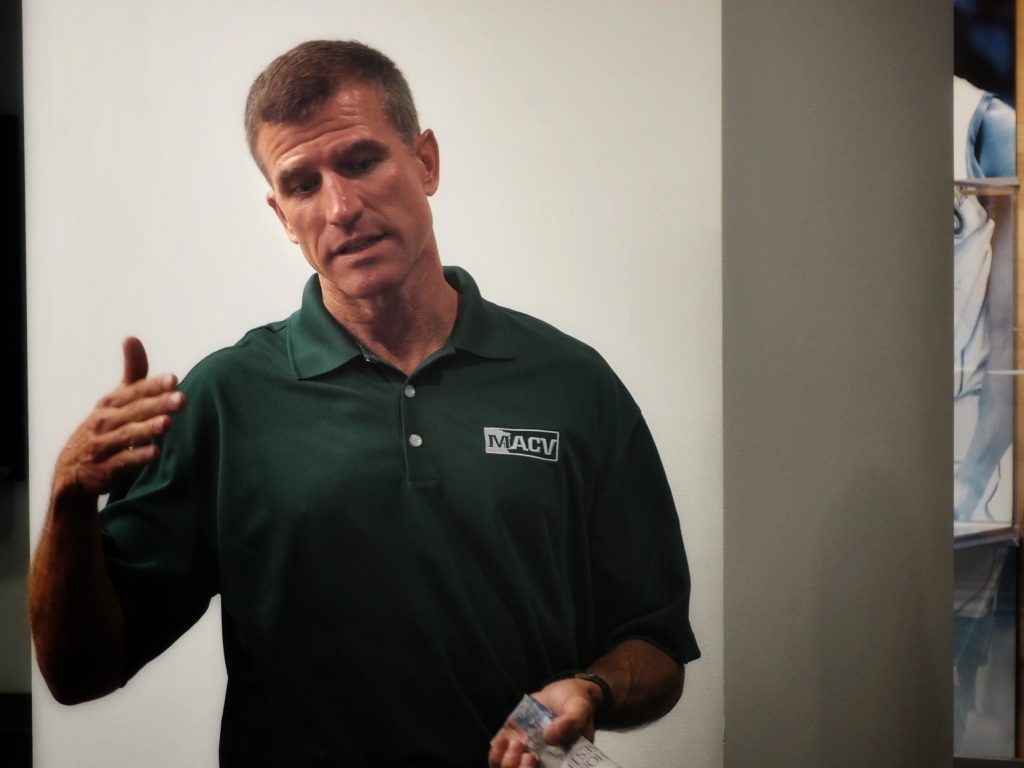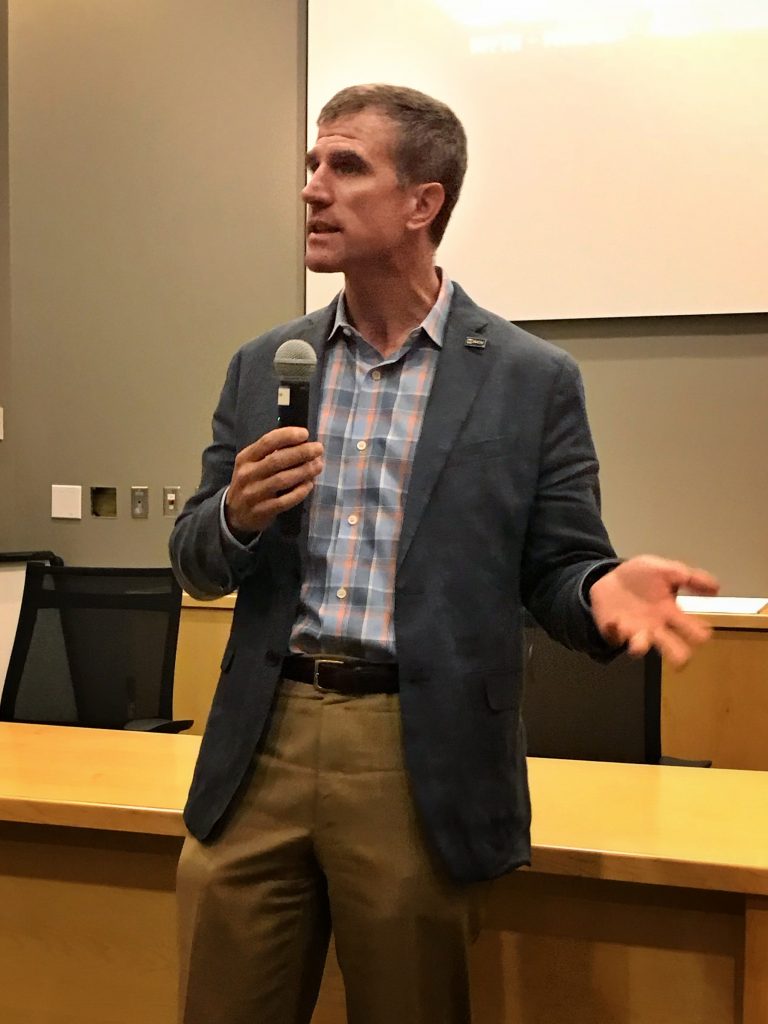Ending veteran homelessness is possible

If we can’t solve veteran homelessness, we will never be able to solve the greater societal problem of homelessness. The Minnesota Assistance Council for Veterans is changing the conversation about veteran homelessness in Minnesota. Our approach: Let’s ask veterans what they really need and provide a bridge to a successful future.
We focused on women veterans in 2018. The homeless registry began at 17 homeless women veterans and is currently at six. Throughout this year, we housed 35 homeless women veterans. We learned a great deal about dependent children and housing regulations related to legally unrelated minors under the care of a woman veteran. We learned how to get a dangerous-pet rider for a rental agreement, and which creative organizations can help us solve transportation problems. We added new partners like Soldier’s Wish who provided grants to help two women veterans with dependent children out of long-term homelessness.
Most importantly we gained a true appreciation for the unmet need. As we developed new options to serve more women veterans, we discovered more women veterans in need. We also learned that we can end homelessness with a laser focus on people and geographies, one at a time. As the journey of a thousand miles begins one step at a time, the same holds true for ending veteran homelessness: one veteran at a time
We know that ending veteran homelessness is possible, and we are making meaningful strides across the state with a broad coalition of partners, including the Minnesota Housing and Finance Agency, the Minnesota Department of Veterans Affairs, the federal Veterans Administration, county veterans service officers, emergency shelters and several private, public and nonprofit organizations.
There are a myriad of reasons why a person becomes homeless — lack of affordable housing, loss of a job, divorce, illness, mental health, substance abuse or legal issues. Additionally, veterans have a self-sufficient mentality and rarely ask for help.
No veteran chooses to be homeless, and our goal is to achieve “functional zero,” which means finding permanent housing for each veteran on the Registry. When that day comes, it does not mean we will never have another homeless or at-risk veteran. Rather, it means that our efforts will largely be focused on prevention. When homelessness does occur, the goal is that the systems in place will rapidly respond and make homelessness rare, brief, and non-recurring.
We are not there yet. We have a vision for the future, but we need additional tools to be successful for the long-term homeless. To that end, we need better choices, including additional resources for long-term case management and more housing options. With housing vacancy rates hovering at a historic low of 1 percent in the Twin Cities, landlord engagement is a critical element to future success.
Sometimes, the solution simply requires more human interaction.
This past year we assisted a 55-year-old Army veteran referred to us by a community partner as she was living in her car, surviving on only $136 per month from her service-connected disability. She had been living with her pregnant daughter who had asked her to leave, needing the space for the new baby. We assisted the veteran in finding and moving into housing and connected her with a HUD-VASH Section 8 voucher. We then enrolled her into our employment program. When she found a job earning over $40,000 per year, she turned back her voucher, as she was earning enough money to live on, so that it could be used by another veteran who would need it more. She didn’t need more money, she just needed our help.
Under the leadership of the Minnesota Housing and Finance Agency, there is good work being done with city and local governments to mutually address the challenges landlords face when considering rental applications for homeless veterans. In addition to providing landlords with incentives, there is a critical need for supportive housing projects that will provide shelter and services for the long-term homeless veterans on the Registry.
I am encouraged to see Gov. Tim Walz make veteran housing with supportive services a priority; the Fort Snelling Upper Post Veterans Community operated by CommonBond is a prime example.

No American veteran should be homeless, because no American should be homeless. Ultimately what we learn from ending veteran homelessness by the end of 2020 will serve as a template for the rest of the homeless continuum.
Neal Loidolt is president and CEO of Minnesota Assistance Council for Veterans.
Read the letter from April 11, 2019 in the St. Paul Pioneer Press, click here.
